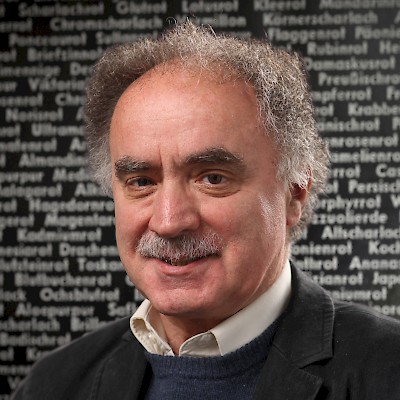»Pluto, not Orpheus.« The biographical in Shalamov’s »new prose«
No other writer has more vehemently opposed a »tourist principle« in literature than Varlam Shalamov. By his own account, as composer of »new prose,« he ceases to be a mere spectator, takes part directly in the drama of life, and not as an outsider but as a person with his own blood, his own skin. Everything that is merely imagined becomes superfluous for the »new prose« and must be mercilessly removed. Earlier literary figures used the language of their readers, but now they should learn to teach the reader their own language, won through first-hand experience.
After twenty years in the GULAG the author of Kolyma Tales was himself the embodiment of what he regarded as the necessary precondition for a new literature. Paradigmatically, he was »not Orpheus, who goes down to Hell,« but »Pluto, who comes up out of Hell.« He did not need to invent anything, his memory contained a whole number of topics, »one must just select them and put the appropriate thing down on paper.«
He wanted to write prose that does not differ from the historical document. He succeeded in this only in part: he was aware that no document would have been able to stand up to such inhumanity as his texts attest.
His final definition of »new prose« was: »Not the prose of the document, but prose that has been suffered like a document.«
Shalamov’s literature was at the same time vita, biography, life writing. He understood how to keep the line dividing art and life as thin as possible. His path to a wide public was damned by this uncompromising position to be a »stony« one.
It is hence all the more gratifying that in recent years his »new prose« has been finding more and more readers and admirers in Europe.
As an addition, on the basis of archival material in the possession of my family I plan a biographical essay on the different kinds of death it documents (from natural death to death by gunshot) of my maternal grandfather Sergei Pavlovich Chaplin, who died at the start of 1942 in Kolyma in Stalin’s concentration camp.
